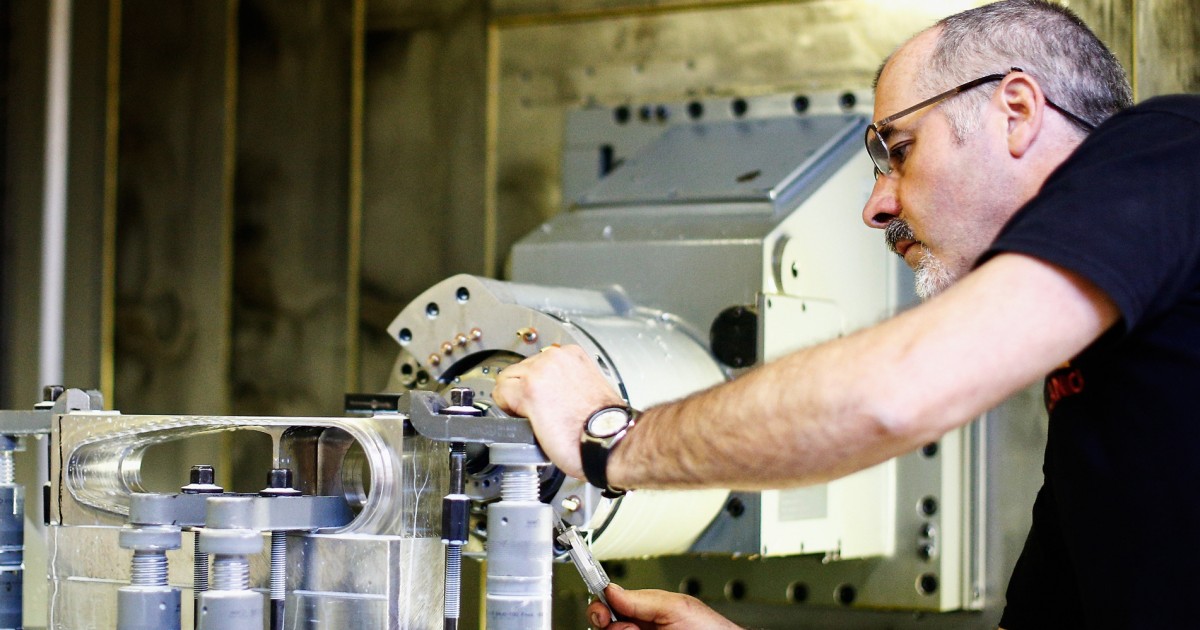
Celestial Bodies
Celestial bodies refer to any natural object in space that is outside of Earth's atmosphere. This includes planets, moons, asteroids, comets, and other objects. The study of celestial bodies involves understanding their physical and chemical properties, as well as their motion and interactions with other objects in space. Astronomers use a variety of tools and techniques to observe and study celestial bodies, including telescopes, spacecraft, and computer simulations. Understanding celestial bodies is important for a variety of reasons, including advancing our knowledge of the universe, predicting and preventing potential threats from asteroids and comets, and exploring the potential for life beyond Earth.
Your Previous Searches
Random Picks
- Single-event Upsets: Single-event upsets (SEUs) are the effects of ionizing radiation on electronic devices, such as those used in spacecraft. These effects can cause errors in the operation of the devices, including memory bit flips, latch-ups, and functional ... Read More >>
- Interdisciplinary: Interdisciplinary in the context of space and astronautical engineering refers to the integration of multiple fields of study and expertise to solve complex problems related to space exploration and technology. This includes the collaborati ... Read More >>
- Fuel Cell: A fuel cell is an electrochemical device that converts the chemical energy of a fuel and an oxidant directly into electrical energy. It consists of an anode, a cathode, and an electrolyte. The fuel is fed into the anode and the oxidant is f ... Read More >>
Top News

Scientists release plans for an even bigger atom smasher to address the mysterie...
GENEVA — Top minds at the world’s largest atom smasher have released a blueprint for a much bigger successor that could vastly improve research into the remaining enigmas of physics....
News Source: NBC News on 2025-04-01

Scientists release plans for even bigger atom smasher along the French-Swiss bor...
Scientists at the world’s largest atom smasher have released a blueprint for a much bigger successor that could help solve enigmas of physics, starting in the mid-2040s at a cost of about $16 billio...
News Source: ABC News on 2025-04-01

The 'Blaze Star' hasn't exploded yet, but it could soon...
T Coronae Borealis has an outburst every 79 to 80 years, according to NASA....
News Source: ABC News on 2025-03-28
I visited the sprawling 'metroburb' where 'Severance' is filmed. It's a 2 millio...
Bell Works, the real office complex that doubles as Lumon on "Severance," is redefining what an office can be....
News Source: Business Insider on 2025-03-28

We've spotted auroras on Neptune for the first time...
After 34 years of searching, astronomers have finally confirmed Neptune has auroras, thanks to data from the James Webb Space Telescope...
News Source: New Scientist on 2025-03-27